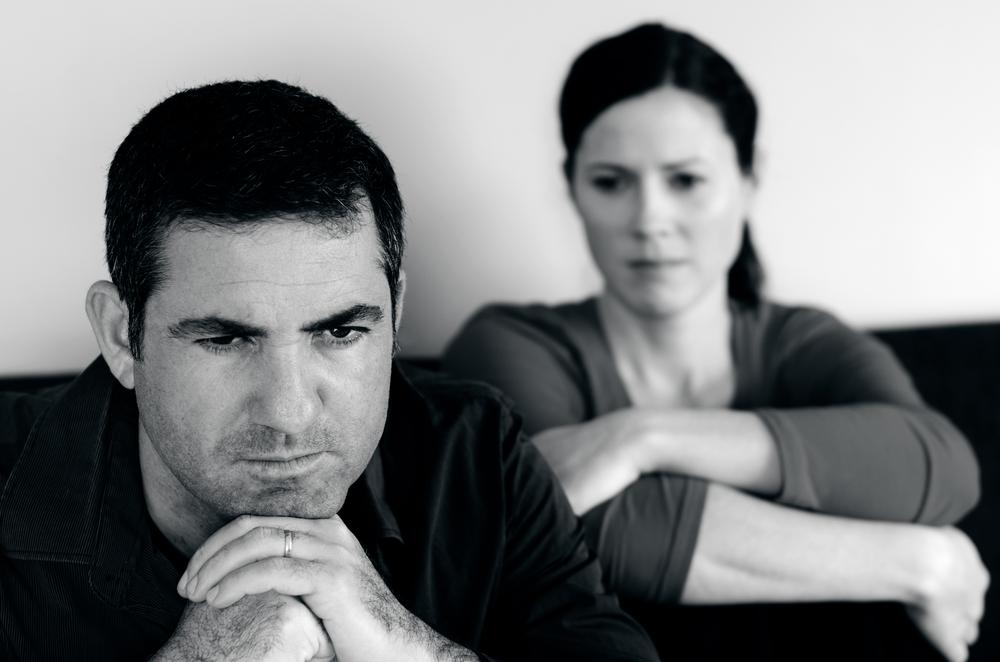“I want it all, I want it all, I want it all, and I want it now.” These were the words of a television jingle I heard this weekend, just as I was contemplating a piece on the pressure we (both women and men) face to have it all.
Working with Jane, a mom and physician, I was struck by how tortured she was because she couldn’t spend as much time as she wanted to with her young child.






